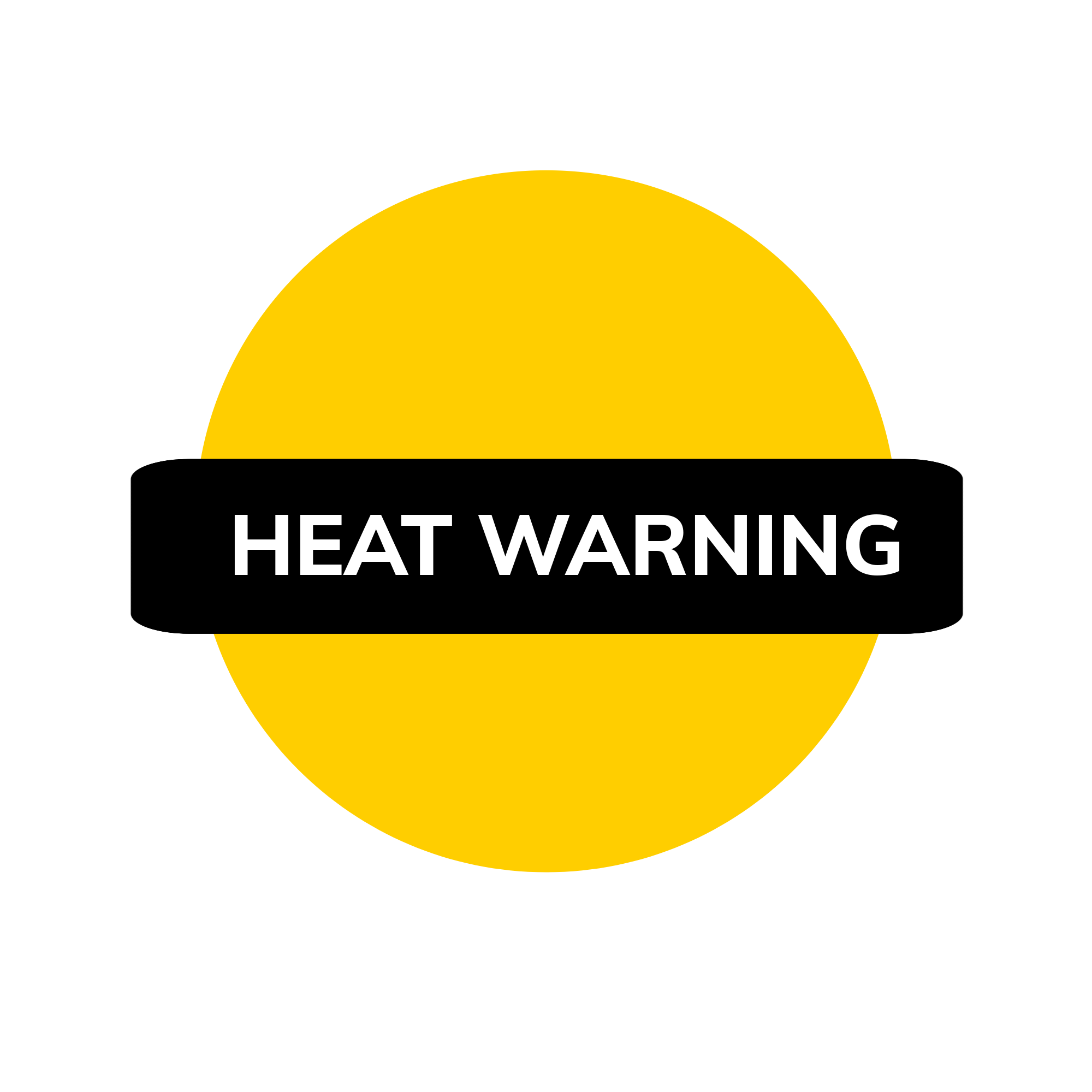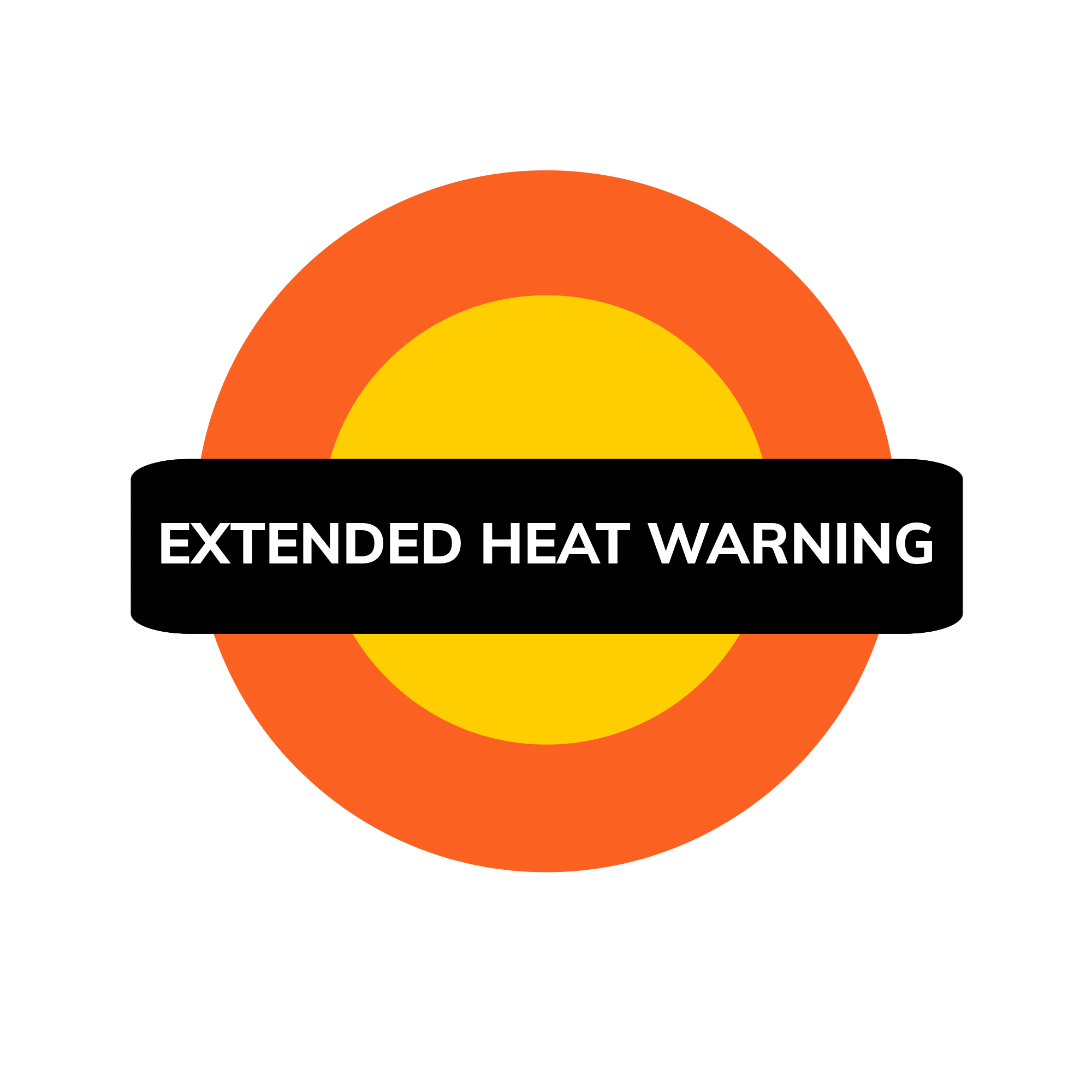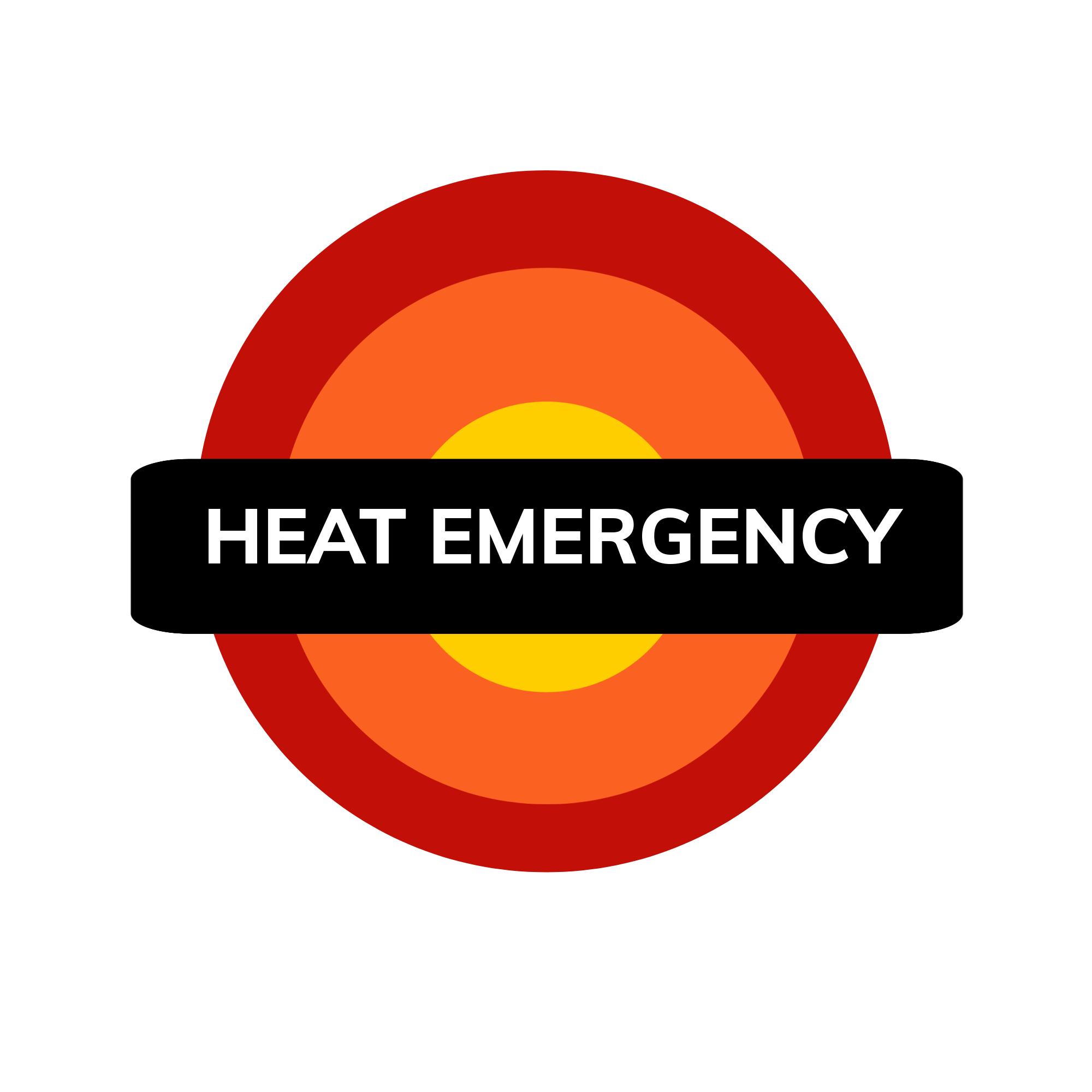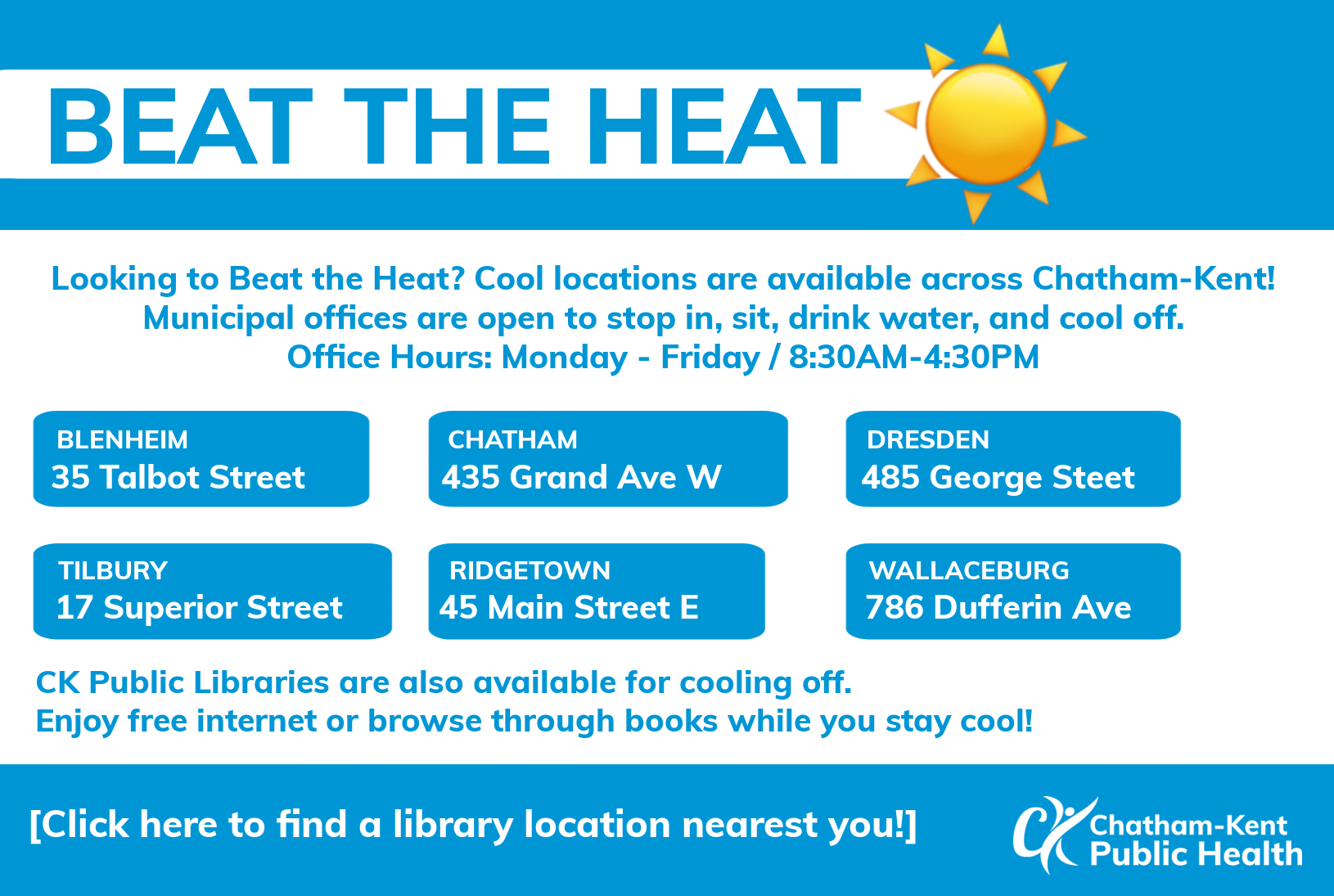Extreme heat can harm your health. When it is very hot, our bodies sometimes cannot cool down quickly enough. This can lead to things like dehydration, fainting, heat rash, heat cramps and heat stroke. In the worst cases, it can be life threatening.
Who’s at Risk
While everyone is at risk during extreme heat, some people are more vulnerable than others. For example:
- Children and infants
- Older adults, particularly if frail and isolated
- People who exercise in the heat
- Individuals with chronic illness or those who are physically impaired
- Individuals taking medications that affect heat sensitivity
- Individuals depending on others for assistance with daily living or communication
Symptoms of Heat-Related Illness
It is important to know the symptoms of heat-related illness so that you can take steps to cool down. Symptoms may include:
- Dizziness or fainting
- Nausea or vomiting
- Headache
- Rapid breathing and rapid heartbeat
- Extreme thirst
- Decreased urination with unusually dark, yellow urine
If you experience any of these symptoms, cool down by moving to a shaded or air conditioned area, drinking plenty of fluids and resting. Call your healthcare provider.
Sometimes, heat-related illness can develop into something more serious, known as heat stroke. Symptoms of heat stroke may include:
- High body temperature;
- Loss of consciousness (fainting);
- Confusion;
- Lack of sweating.
Important: if you or someone you know has any of these symptoms call 911. This is a medical emergency.
How to Protect Yourself
Stay cool! Follow these tips to prevent heat-related illness.
Drink lots of fluids
- When it is hot, drink plenty of fluids (water is best). Do not wait until you feel thirsty
Avoid the heat
- Avoid going out in the sun, if possible. If you are outdoors, apply sunscreen every 2 hours
- Avoid exercise and strenuous activities between 10 am and 4 pm, when the sun is hottest
- Keep curtains closed to block out the sun during the day
Help others
- Check on older family members and neighbours daily to make sure they are keeping cool
- Never leave people (or pets) alone in cars
Stay cool
- Seek cooler, air conditioned spaces (like libraries, public buildings or shopping malls). The use of a fan alone may not provide enough relief from the heat.
- Wear light-weight, light-coloured, loose fitting clothing
- Avoid heavy meals, using your oven, and drinking alcohol
- If you’re very hot, take cool showers or baths, or use cool, wet towels on your face, neck and arms
- If you are taking medication or have a health condition, ask your healthcare provider if it increases your health risk in the heat and follow their recommendations
- Stay informed by downloading the Weather CAN App
Heat Warnings
Sometimes, outdoor heat can be extreme. When this happens, you are at greater risk of heat-related illness and heat stroke. It is important to take steps to stay cool. CK Public Health will issue an extreme heat warning when Environment and Climate Change Canada has forecasted:
You can check whether there is an active heat warning here.

Heat Warning
2 or more days where daytime maximum temperatures are expected to reach 31°C or warmer and nighttime minimum temperatures are expected to fall to 21°C or warmer
OR
2 or more days where humidex values are expected to reach 42 or higher.

Extended Heat Warning
CK Public Health may issue an extended heat warning when:
Environment and Climate Change Canada has issued a heat warning that is expected to last 3 or more days.

Heat Emergency
CK Public Health may declare a heat emergency when:
There is a higher than normal risk that people will get sick during a heat event because of other factors that make the heat event more dangerous, such as a large power outage or a drinking water emergency.

